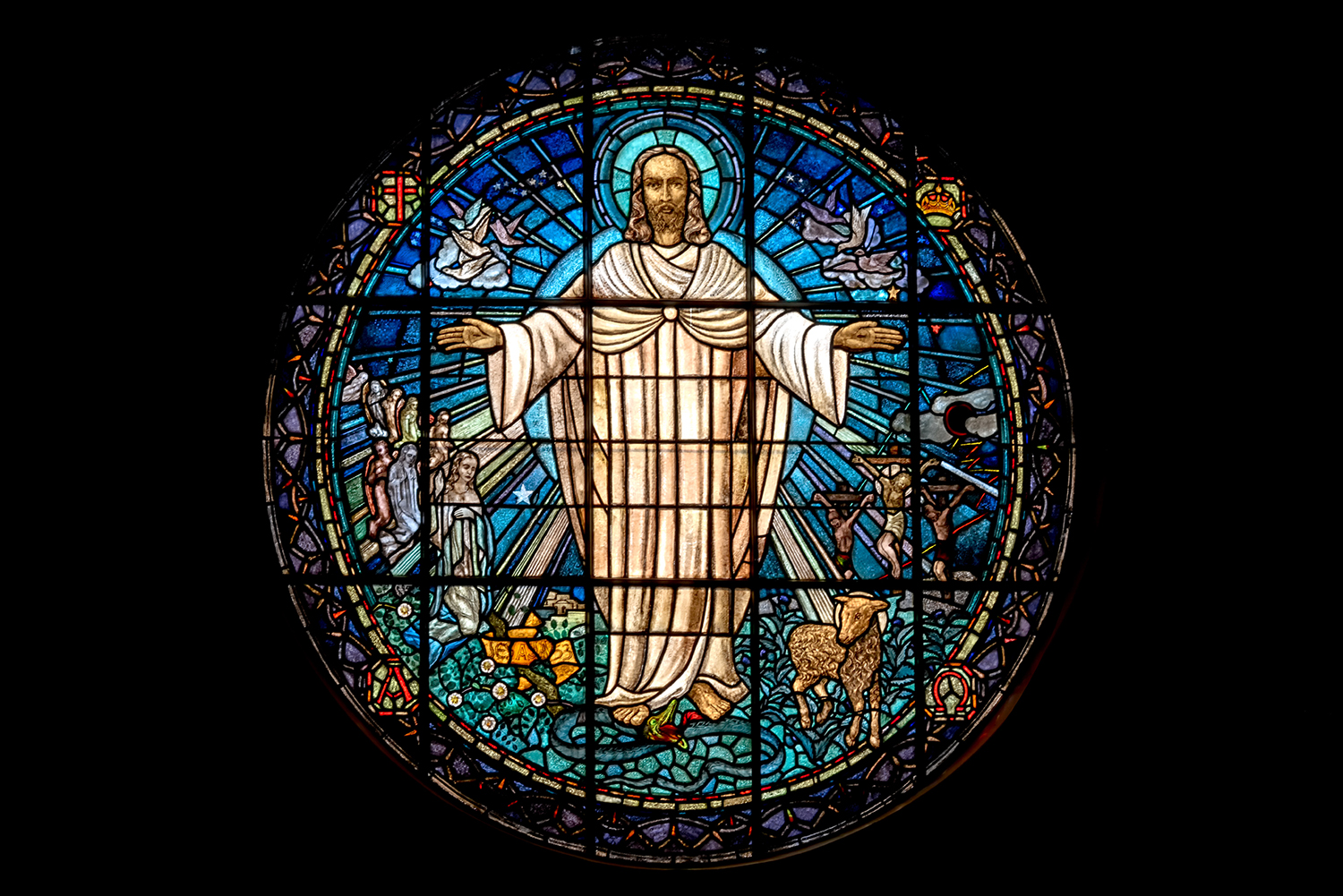Richard Rohr has some sobering and provocative observations about the importance of Christians fully embracing the paradox and central tenet of the Christian faith, the mystery of the incarnation—a Jesus who is fully God and fully human.
Rohr feels that Christians tend to highlight the first half of that paradox at the expense of the second half. In my experience, Rohr is correct.
What is stake? Plenty, according to Rohr. Here is an excerpt from “Fully God, Fully Human,” a recent (February 11) daily meditation in a series focused on St. Francis.
. . . [I]n most of Christian history we have emphasized the divinity, omnipotence, omniscience, and “almightiness” of Jesus, which makes actually following him—or loving him—seem unrealistic. We are on two utterly different planes. A God who is “totally other” alienates totally.
I hope this doesn’t upset some of my Christian friends, but an awful lot of Christians are not really Christian.
That’s not a moral judgment; it’s a description. Many Christians simply believe in a Supreme Being who made all things; that Supreme Being happens to be Jesus. He was the available God figure in Europe, so we pushed him into that position, while avoiding Jesus’ living message: that the human and the divine coexist in him. He is actually a “third something.”
This is hard for us to grasp or even imagine, because it seems a contradiction in terms, an irreconcilable paradox. Already in Byzantine art and many later icons Jesus is shown holding up his two fingers, indicating, “I am fully human, and I am fully divine at the same time.” We were struck dumb by this paradox.
For most Christians today, Jesus is totally divine, but not really human. Here is the price we pay for our inability to think non-dually: When we deny what Jesus holds together, we can’t put it together in ourselves!
And that’s the whole point: you and I are also daughters of heaven and daughters of earth, sons of God and sons of this world. Both are true at the same time, which defies all reason and logic. We also are a living paradox. But we need a model, an exemplar, a promise, and a guarantee (all words used in Pauline letters) to imagine such a far off impossibility. For us, that model is Jesus. . . . .
Richard Rohr (formatting adjusted)
[Adapted from Richard Rohr, Eager to Love: The Alternative Way of Francis of Assisi (Franciscan Media: 2014), 82; The Art of Letting Go: Living the Wisdom of Saint Francis (Sounds True: 2010), disc 3 (CD); Franciscan Mysticism: I AM That Which I Am Seeking (Center for Action and Contemplation: 2012), disc 4 (CD, MP3 download).]
Readers, of course, are free to quibble or disagree with Rohr’s phrasing, but the overall impact of Rohr’s observation rings true: a failure to embrace and accept a fully human Christ is a sub-Christian view of Christ—a “low Christology,” as it were.
However much Jesus was not merely human, he was most certainly not less than fully human.
In my view, the implications of a fully human Christ are not always embraced as deliberately as they should be. I’m sure few Christians knowingly adopt a “low Christology,” but they show it in practice when, for example, they fail to account—or perhaps see no need to account—for a Jesus whose cultural context shaped and informed his thinking and speaking.
Some may want a Jesus who is unaffected by his historical setting, who was human, sure, but whose humanity didn’t get out of hand; a 1st century Jew who nevertheless successfully transcended his cultural moment and kept his 1st century Jewishness at a safe distance; a Jesus whose humanity was simply a necessary step so he could be sacrificed.
Failing to accept the implications of the paradox of the God-man not only affects our spiritual lives, as Rohr points out. For evangelicals especially it also affects a how we approach the Bible—the ramifications of which can be seen in a number of areas, most notably when we turn to the interface of Christianity and science.
The Bible is not conversant with contemporary scientific modes of thinking, but with ancient ones.
The Bible reflects the limitations of the cultural contexts in which it was written and cannot be expected to speak the foreign language of science.
The Bible, in other words, like Christ, is fully and deeply connected to its own ancient cultural moments.
It is not beneath God to condescend to culturally conditioned human modes of communication. Having such a condescending God is crucial to the very heart of Christianity [i.e., the incarnation].
True, such a God will allow ancient Israelites to produce a description of human origins that reflects the ancient ideas and so will not satisfy scientific questions. But if we are going to talk about the Christian God, then this is something we are going to have to get used to.
What sets this God apart is his habit of coming down to our level. As Christians confess, God even became one of us. Posing such a condescending and incarnating God as a theological problem to be overcome—which is what a literal reading of Genesis unwittingly requires—creates a far greater and more harmful theological problem than the nonliteral reading of Genesis.
The Evolution of Adam, pp. 58-59
Whether in matters of our day to day faith in God or reading the Bible, losing sight of the implications of the mystery of the incarnation is a critical problem.
This blog was first posted in February 2016.
[Please be patient as your comment is in moderation. Comments are normally posted within 6 hours but may take as long as 24—longer if you’re annoying.]

